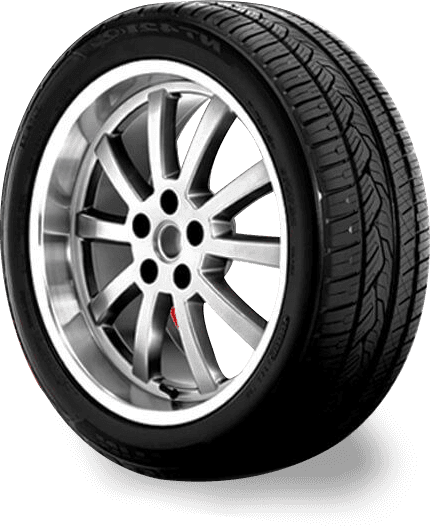
7 月 . 26, 2024 05:38
Back to list
Exploring the Advantages and Applications of Pneumatic Control Valves in Industrial Automation Systems
The Role and Importance of Pneumatic Control Valves in Modern Automation
Pneumatic control valves are indispensable components in various industrial automation systems, playing a pivotal role in controlling flow, pressure, and movement of gases. Operating on principles of pressurized air, these valves are essential for systems that require precise control and actuation, making them vital in industries such as manufacturing, oil and gas, food processing, and pharmaceuticals.
At the heart of pneumatic control valves lies their ability to manage the flow of compressed air, which acts as the driving force for many automated processes. These valves can modulate flow rates, redirect air in multiple directions, and enable or halt pneumatic operations. This versatility makes them suitable for a broad range of applications, from simple tasks like powering pneumatic tools to more complex operations, such as controlling actuator movements in assembly lines.
One of the key advantages of pneumatic control valves is their speed. Pneumatic systems, leveraging the compressibility of air, can achieve rapid actuation cycles, allowing for quick responses to changing operational demands. This is particularly beneficial in environments where efficiency and speed are crucial, such as automotive manufacturing or electronic assembly. The quick response times help optimize production lines, increasing throughput and reducing cycle times.
Another significant aspect of pneumatic control valves is their reliability and durability. Unlike hydraulic systems, which can suffer from leaks and require extensive maintenance, pneumatic systems are often easier to maintain and less prone to failure. The materials used in the construction of these valves are designed to withstand the rigors of industrial environments, ensuring a long service life with minimal downtime. Additionally, pneumatic systems operate at lower pressure levels than hydraulic ones, making them safer in many applications.
pneumatic control valve

Pneumatic control valves also contribute to energy efficiency in production processes. Many modern valves are designed to minimize air consumption, which is particularly important given the rising costs of energy. Advanced technologies, such as proportional or servo-controlled valves, allow for more precise control of airflow, reducing waste and enhancing overall system efficiency.
Integration with automation technologies is another significant advantage of pneumatic control valves. With the advent of Industry 4.0, these valves can be seamlessly incorporated into smart manufacturing systems. They can be controlled via programmable logic controllers (PLCs) or through data-driven algorithms. This ensures greater precision and adaptability, enabling responsive production processes that can adjust to real-time data inputs.
However, it is essential to select the appropriate pneumatic control valve for specific applications. Factors such as pressure ranges, flow capacity, and response times should be carefully considered to ensure optimal performance. Furthermore, regular maintenance and monitoring are crucial to prevent any potential operational issues and ensure the longevity of the pneumatic systems.
In conclusion, pneumatic control valves are fundamental components that significantly influence the efficiency, safety, and effectiveness of modern industrial automation systems. Their fast response times, reliability, and potential for integration with cutting-edge technologies make them indispensable in today’s fast-paced production environments. As industries continue to evolve and innovate, the role of pneumatic control valves will undoubtedly remain vital in achieving greater efficiencies and driving advancements in automation.
Latest news
-
Unlocking The Quality Gas Pressure ReducersNewsNov.01,2024
-
The Role of Gas Pressure Reducing StationsNewsNov.01,2024
-
The Importance and Functionality of Safety Relief ValvesNewsNov.01,2024
-
The Essential Role of Safety Valves in Natural Gas ApplicationsNewsNov.01,2024
-
The Essential Role of Gas Pressure RegulatorsNewsNov.01,2024
-
Enhance Your Premium Gas FiltersNewsNov.01,2024

